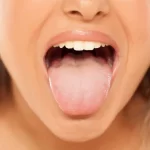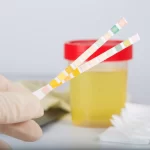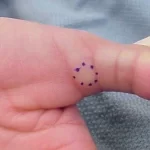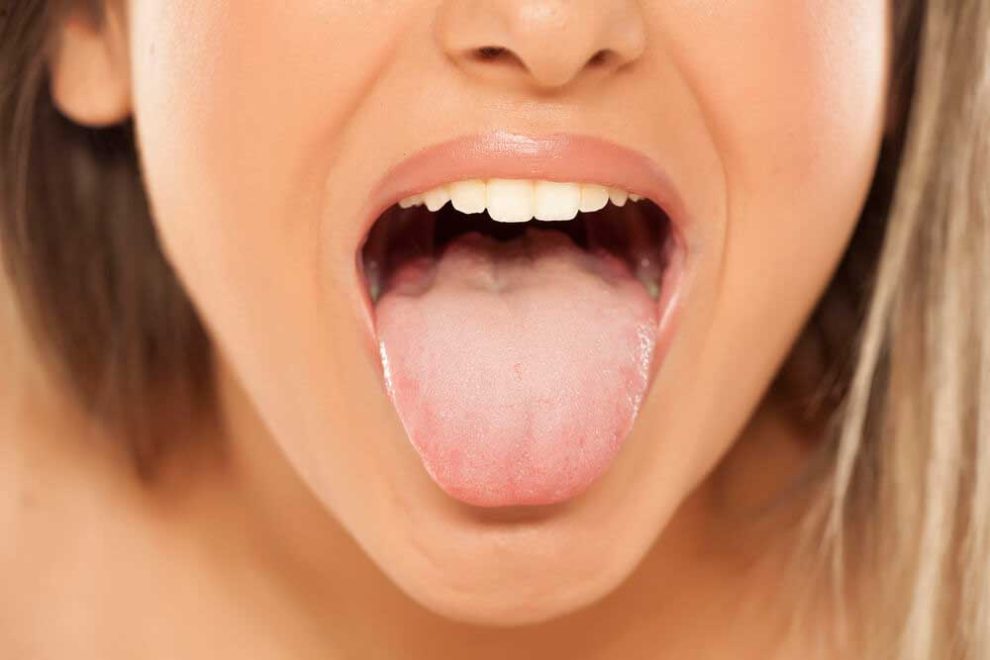Oral thrush is less of a problem if it affects a healthy person, but if the immune system is weak, the symptoms can be severe and more difficult to control.
Causes
Anyone can get oral thrush, but it is more common in infants and older adults because they have compromised immunity, as well as in certain diseases or those who take certain medications.
Candida is a fungus that lives with us as part of our microbiota. In everyday situations, it does not cause disease because its defences and the bacteria that coexist with it in the mouth and digestive system prevent its excessive growth. However, in certain circumstances characterized by a lowered immune system or an altered balance of the bacterial flora, Candida grows and can cause an infection.
The most frequent causes in which this can occur are:
Newborns because they have an immature immune system.
Lowered defences or immunosuppression secondary to pathologies such as HIV infection, cancer treatment, congenital immunodeficiencies...
Prolonged treatment with oral, intravenous or inhaled corticosteroids in the case of asthmatic or COPD patients.
Prolonged treatment with antibiotics that damage the bacterial flora, allowing the growth of fungi.
Use of dental prostheses with poor oral hygiene.
Malnutrition
Some chronic diseases, such as diabetes.Risk factor’s
People who may be at higher risk of Candida infection are those who have:
We have weakened immune systems.
Diabetes
Vaginal candidiasis is caused by the same fungus that causes oral candidiasis and can be transmitted to the baby.
Medications: corticosteroids and antibiotics.
Other oral conditions: Wearing dentures, especially upper teeth, or having conditions that cause dry mouth.Symptoms
Children and adults
White, creamy, raised lesions with a cottage cheese-like appearance on the tongue, inner cheeks, and sometimes the roof of the mouth, gums, and tonsils.
Redness, burning, or swelling can make eating, eating, or swallowing difficult.
Mild bleeding if the lesions are rubbed or scratched.
Cracking and redness at the corners of the mouth.
Loss of taste
Redness, irritation, and pain under dentures (this is called denture stomatitis).
In severe cases, usually linked to immunosuppressed patients, the lesions can spread to the esophagus, causing candidal esophagitis. If this occurs, the patient may have difficulty swallowing and pain or a feeling that food is stuck in the throat.Infants and lactating mothers
In addition to the typical white lesions in the mouth, infants may have trouble feeding and be fussy and irritable. They can transmit the infection to the mother during breastfeeding. The infection can go back and forth between the mother’smother’s breast and the baby’sbaby’s mouth.
Women whose nipples are infected with Candida may have:
Unusually red, tender, cracked, or itchy nipples (some women describe this as "like being stuck with needles").
Shiny or scaly skin on the areola (external to the nipple).
Unusual pain during breastfeeding or sore nipples between feedings.
Shooting pains inside the breast.When to see a doctor
If you suspect candidiasis, you should visit your family doctor or pediatrician (in the case of children).
Prevention
These measures can help reduce the risk of Candida infections:
Rinse your mouth with water or brush your teeth after using a corticosteroid inhaler.
Have proper daily dental hygiene
Remove your dentures at night and clean them properly daily.
Regular check-ups with the dentist.
Limit the consumption of foods that contain sugar as they can stimulate the growth of Candida.
Maintain good blood glycemic control if you have diabetes
Treat vaginal candidiasis as soon as possible.
Treat dry mouth.What is the treatment of oral candidiasis?
In young people and adults, topical antifungal treatments are recommended as rinses that must be swallowed. No treatment is usually necessary for babies as it heals independently in less than two weeks. However, if it causes discomfort, you can wash the inside of your mouth and tongue several times daily with water bicarbonate. If the response is inadequate, the pediatrician will assess treatment with antifungals.
What you should know
Oral thrush is less of a problem if it affects a person. You are healthy, but if your immune system is weak, symptoms can be severe and more difficult to control.
Anyone can get oral thrush, but it is more common in infants and older adults because they have compromised immunity, as well as in certain diseases or those who take certain medications.
In young people and adults, topical antifungal treatments are recommended as rinses that must be swallowed. No treatment is usually necessary for babies as it heals independently in less than two weeks.Oral candidiasis usually manifests as white patches on the tongue or inside the cheeks. If the infection spreads, it can affect the upper part of the mouth and reach the gums, tonsils, or the back of the throat.

















Add Comment